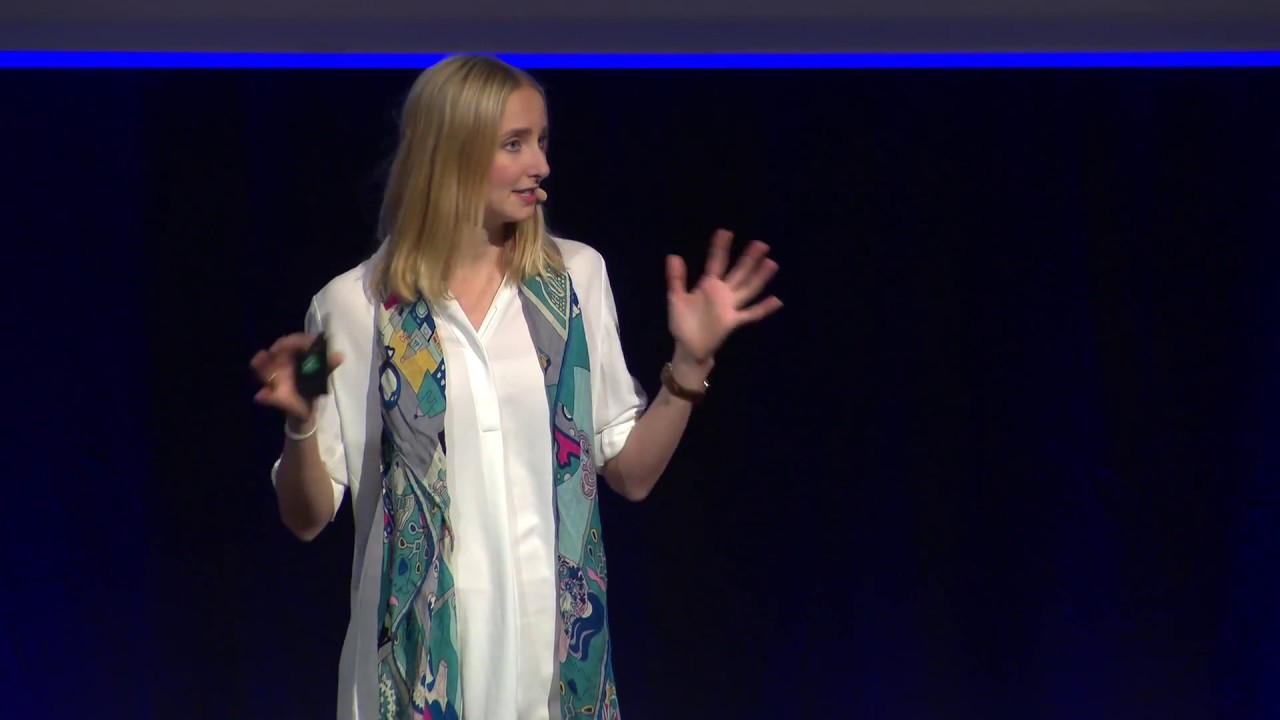You Don't Find Happiness, You Create It | Katarina Blom | Tedxgöteborg
Unleash Your Creative Genius with MuseMind: Your AI-Powered Content Creation Copilot. Try now! 🚀
When it comes to creating well-being in ourselves and in others, positive thinking is often touted as the solution. But have you ever found yourself worrying about something, even though you knew that worrying wouldn't change the situation? Our minds have a life of their own, and controlling our thoughts is not as simple as we'd like it to be. So, how can we take positive action to create change in our lives, instead of relying solely on positive thinking?
The Power of Cognitive Biases
Our brains have evolved several cognitive biases that affect how we perceive life and different situations. For example, after receiving a compliment and a complaint, the complaint often leaves a stronger emotional mark. This negativity bias is a result of our brain's evolution, helping our attention to be drawn to unpleasant or threatening information. While this was beneficial for survival in the past, it now affects how we perceive our relationships, workplace, and ourselves.
Cultivating Happiness Through Relationships
Happiness is not something we find outside of ourselves; it's a skill that we can all work on. But turning this knowledge into action is where many of us struggle, even experts on happiness. Building healthy habits for ourselves, especially when it comes to relationships, can have a significant impact on our well-being. Research has shown that forming good, healthy habits in relationships is as important as physical training and having a good diet.
Taking Positive Action
Investing your time and heart into the relationships around you, whether at work, with neighbors, family, or friends, can be one of the most powerful things you can do for yourself. By being more understanding and caring, not just towards others but also towards yourself, you can set an example for others to follow. This positive action can create a ripple effect, leading to greater well-being and happiness for everyone involved.
In conclusion, happiness is a skill that we can all train and work on, and it's not just about positive thinking. By understanding the power of cognitive biases and taking positive action in our relationships, we can cultivate happiness and build well-being in our lives. So, let's start turning this knowledge into action and create a ripple effect of positivity and well-being. Thank you.

Related Recaps
- Day 3 Women's Prelims | 2023 YMCA National Swimming Championships
- Court Cam: Bizarre Defendant Goes on Hyphen-filled Rant | A&E
- LeBron James Reacts to Lakers Eliminating Memphis Grizzlies & "Honor" Playing for Los Angeles Lakers
- Common on Impersonating Michael Jordan
- Успешный, отзывчивый, сильный и щедрый Рэй ищет подругу с семейными ценностями и добрым сердцем